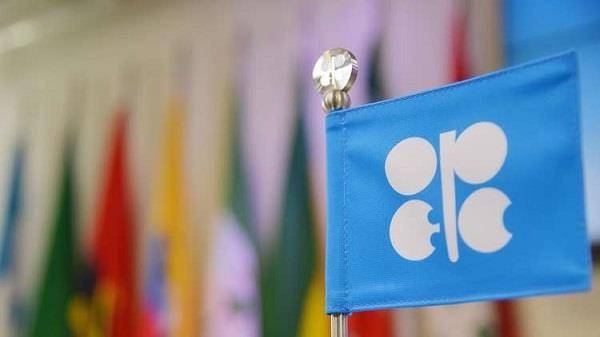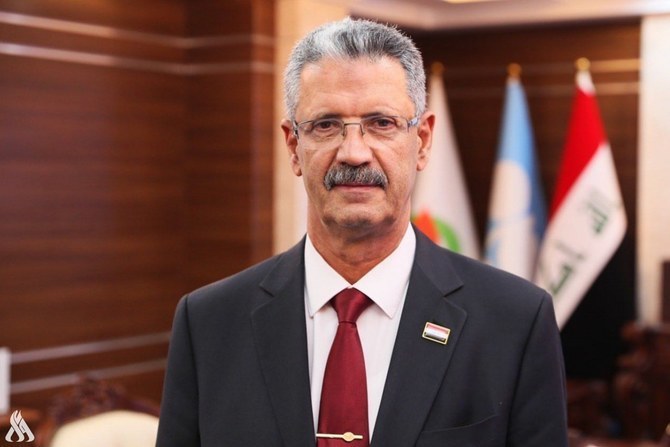
The Organization of the Petroleum Exporting Countries and its allies are committed to maintaining oil market stability beyond 2020, with physical supplies relatively tight globally, OPEC Secretary-General Mohammad Barkindo said on Tuesday.
He added that compliance with production quotas among OPEC and its allies was at 136 percent, curbing global supplies, while production growth in North America including US shale basins was decelerating.
OPEC, Russia and other oil producer allies, a grouping known as OPEC+, have pledged to cut production by 1.2 million barrels per day (bpd) until March 2020 to support oil prices. The producers are scheduled to meet again on Dec. 5-6.
“I have been hearing a resounding chorus from all the players that they are determined not to allow a relapse to the downturn that we just navigated out of,” Barkindo told the India Energy Forum by CERAWeek, referring to a period of low oil prices in 2014-2015 that had led OPEC to cut output.
“They will do whatever is possible within their powers to ensure relative stability is sustained beyond 2020,” Barkindo said.
In its latest monthly report for October, OPEC trimmed its forecast for world economic growth in 2020 to 3 percent from 3.1 percent, saying “it seems increasingly likely that the slowing growth momentum in the US will carry over to 2020”.
A poor economic outlook has depressed oil prices, with Brent down about 22 percent from its 2019 peak of $75.60 a barrel reached on April 25.
The US-China trade war is affecting the global economy and oil demand, and financial markets have an increasingly bearish view of economic growth, Barkindo said.
Still, India remains a major driver of global oil demand with growth of 127,000 bpd in August, he said.
Meanwhile, the chief executive of Royal Dutch Shell said the company still sees abundant opportunity to make money from oil and gas in coming decades even as investors and governments increase pressure on energy companies over climate change.
But in an interview with Reuters, Ben van Beurden expressed concern that some shareholders could abandon the world’s second-largest listed energy company due partly to what he called the “demonization” of oil and gas and “unjustified” worries that its business model was unsustainable.
The 61-year-old Dutch executive in recent years became one of the sector’s most prominent voices advocating action over global warming in the wake of the 2015 Paris climate agreement.
Shell, which supplies around 3 percent of the world’s energy, set out in 2017 a plan to halve the intensity of its greenhouse emissions by the middle of the century, based in large part on building one of the world’s biggest power businesses.










